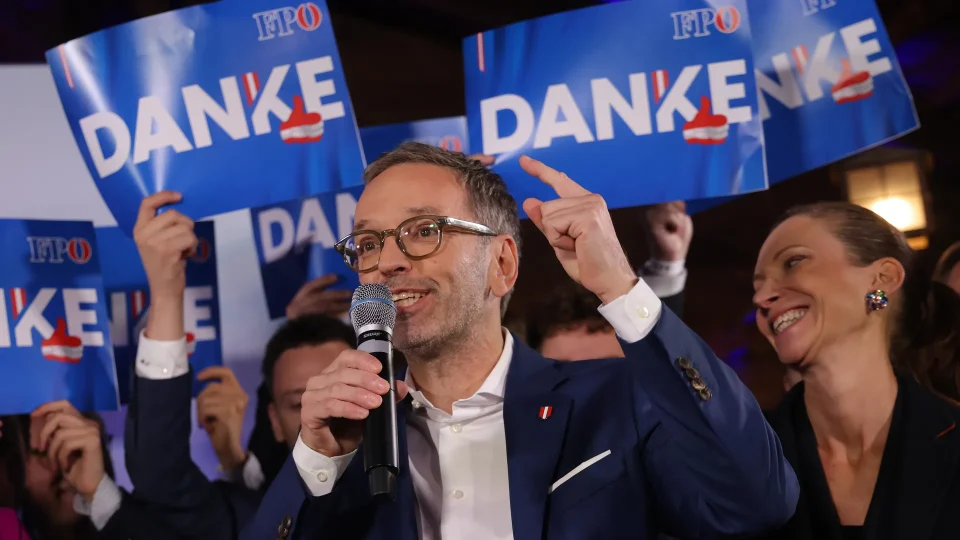The rise of the far right in Europe has taken a striking turn, with recent electoral gains underscoring a significant shift in the political landscape. This movement reached a notable peak on September 29 when Austria’s Freedom Party won the largest share of votes—28.9%—in national elections.
The Freedom Party (FPÖ), which has historical ties to former Nazi officials, aims to solidify its position amid mounting fears and tensions within Europe. As Donald Trump approaches a possible return to the U.S. presidency, he may find a politically diverse landscape across the Atlantic with parties echoing his blend of authoritarianism, populism, and anti-immigrant sentiment.
In the years since the global financial crisis of 2007-2008 and the dramatic rise in migration following unrest in the Middle East and North Africa, the far right has gained a foothold among economically struggling populations. The protests have revealed a troubling blend of economic hardship and cultural anxiety that often manifests in racist attitudes towards immigrants.
Matthijs Rooduijn, a politics professor at the University of Amsterdam, remarked, “The overall trend is clear: the far right is gaining traction.” He further noted that the commitment of European far-right parties is likely here to stay. This resurgence is not without a backdrop of violence; with over 34 political candidates assassinated during the recently held elections, concerns continue about the implications of such a violent political environment.
Prominent leaders from this ideological bloc, such as Marine Le Pen of France’s National Rally and Geert Wilders of the Dutch Party for Freedom, have been vocal about their intentions concerning national identity and immigration. Le Pen has tried to soften her party’s image in recent years, despite her previous inflammatory statements. Wilders, on the other hand, continues to advocate strongly against what he perceives as a threat posed by immigrants.
The growing acceptance of far-right ideologies in the political mainstream raises significant implications for the future. National elections in countries like France and the Netherlands indicate that the far right is increasingly competing with traditional center-right parties.
As the political dynamics shift, there is a palpable tension in addressing issues related to immigration while respecting democratic processes. For instance, in light of the far right’s rise, mainstream parties have adopted more hardline stances on immigration, leading to accusations from some factions of dog-whistle nationalism.
The scenario is complicated by the reality that while the far right gains ground, coalitions continue to be formed to mitigate their influence. Yet, these tactics come with their own set of risks, as failing to acknowledge the will of the voters can be seen as a sign of weakness.
As the global political landscape continues to evolve, the implications of the far right’s enduring presence and influence cannot be underestimated. With both challenges and opportunities ahead, societies must navigate the delicate balance between liberty and security in the years to come.
Credit: NBC News





